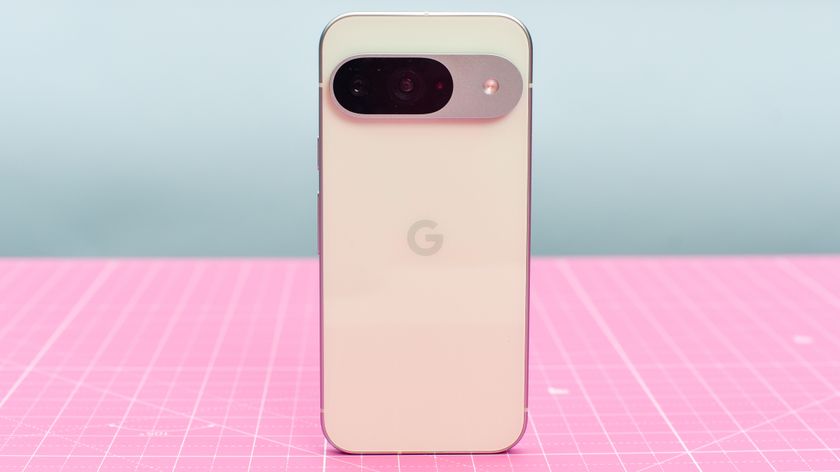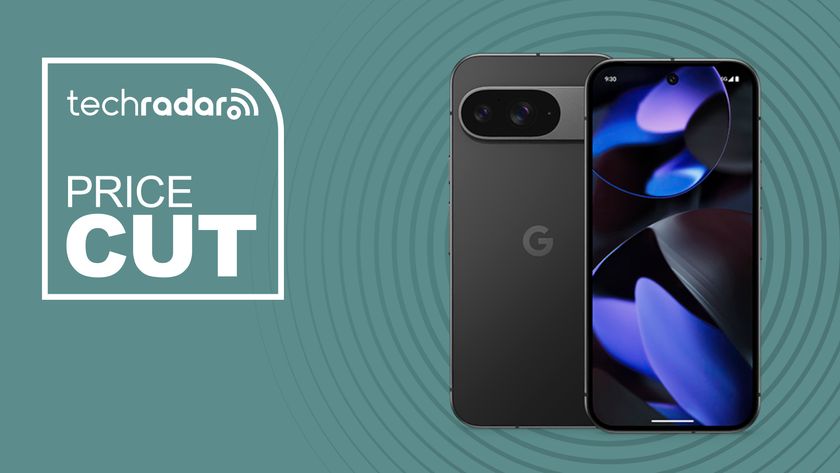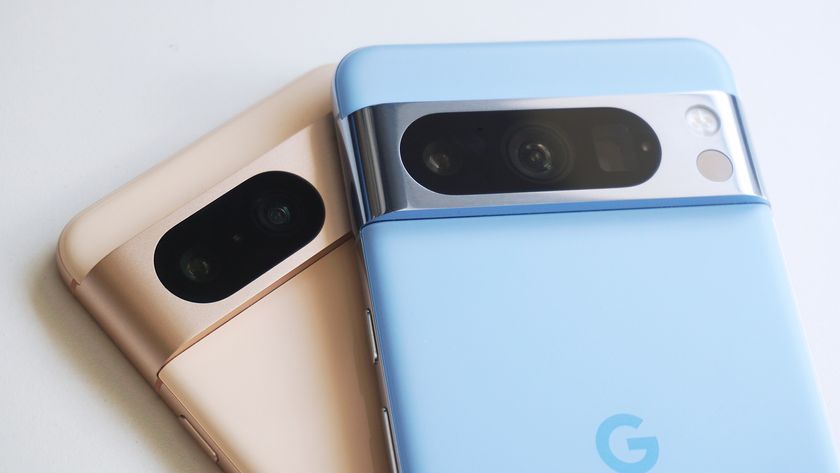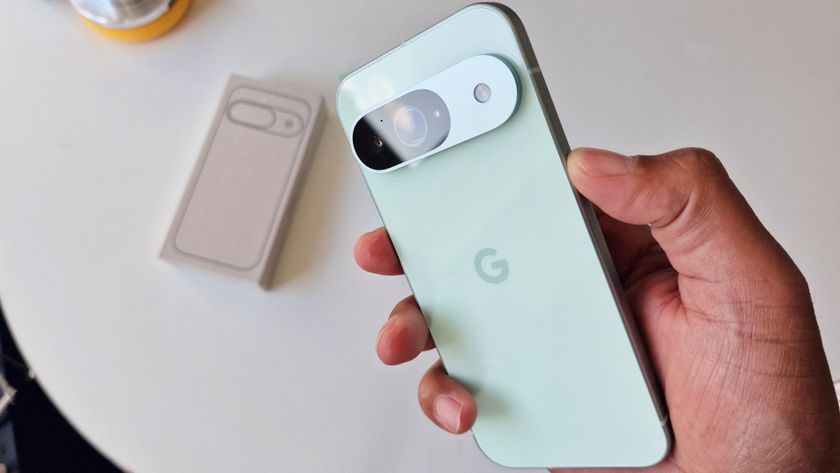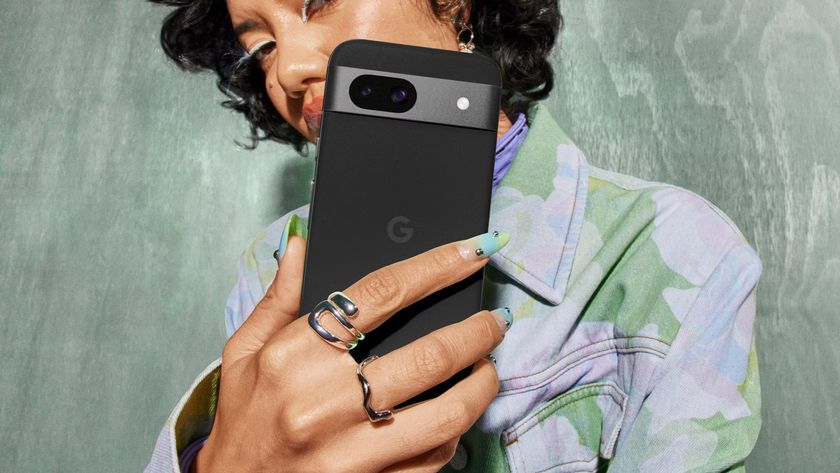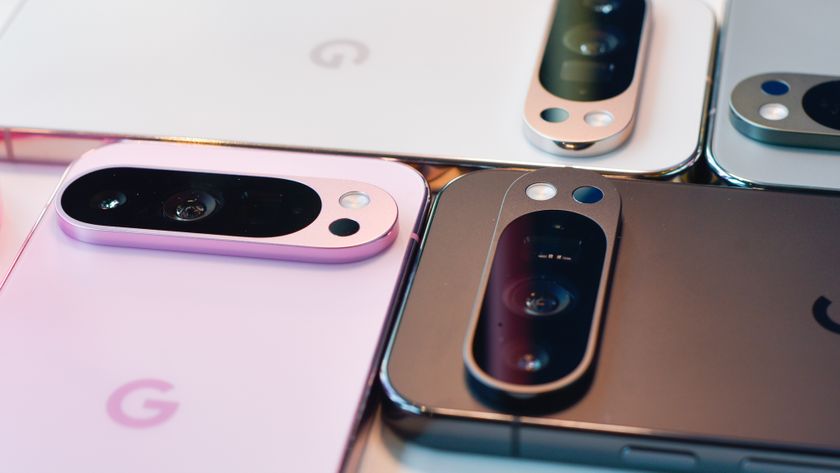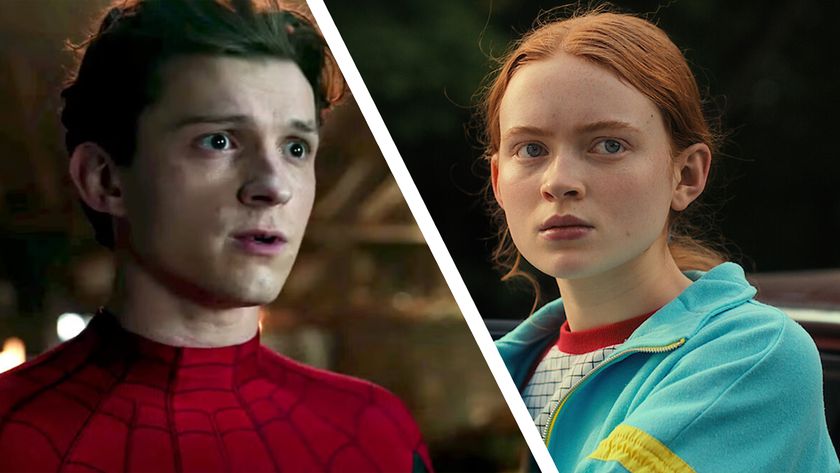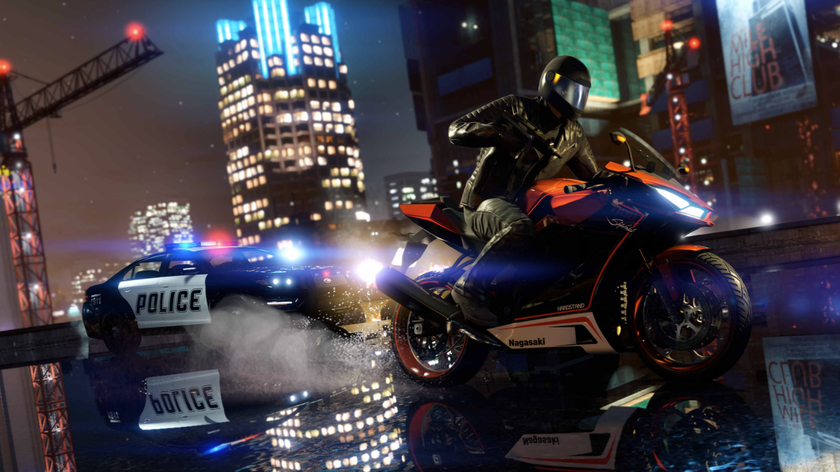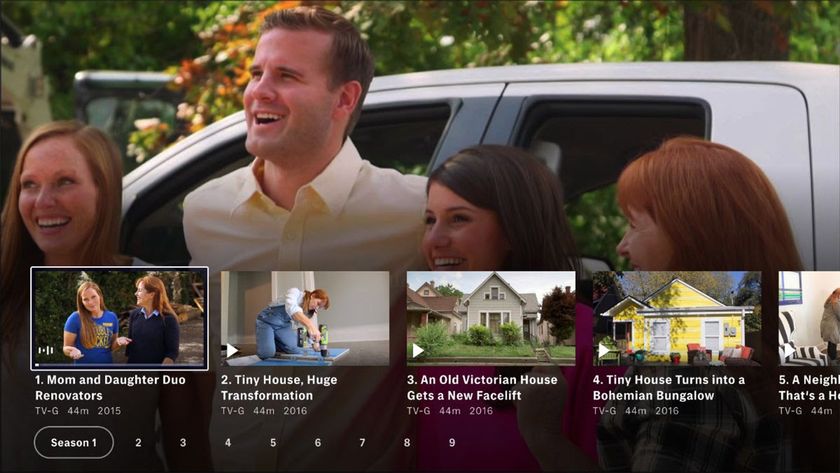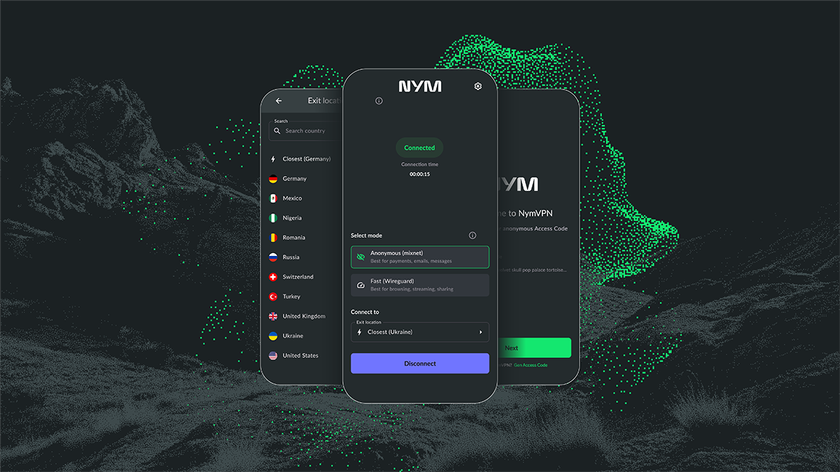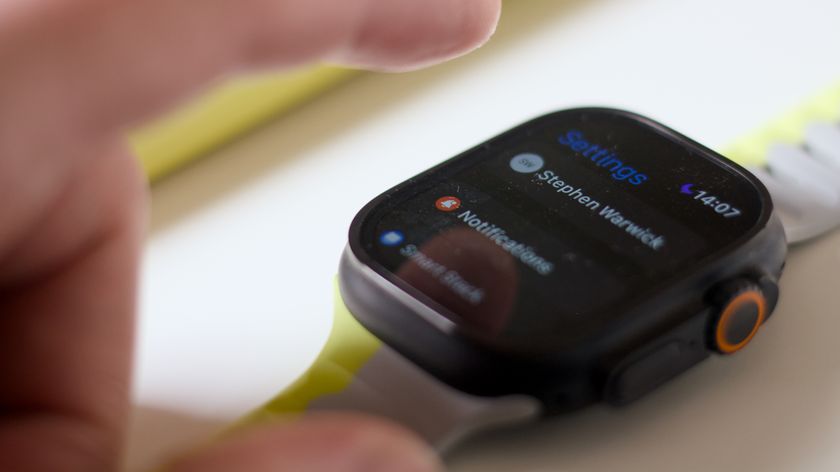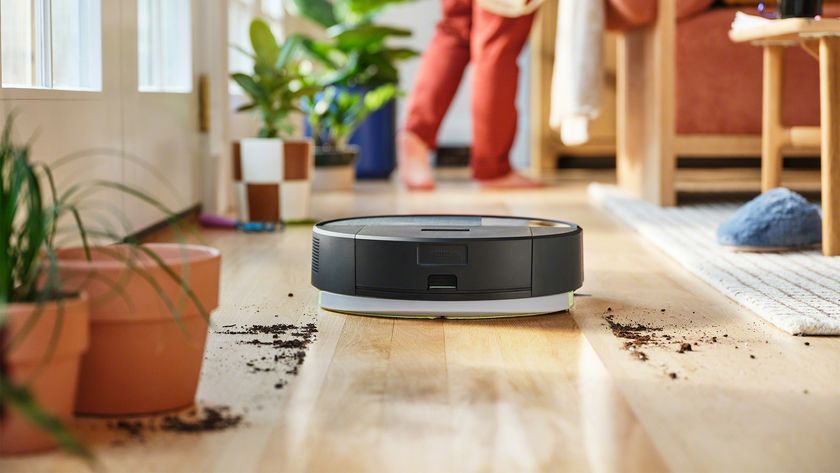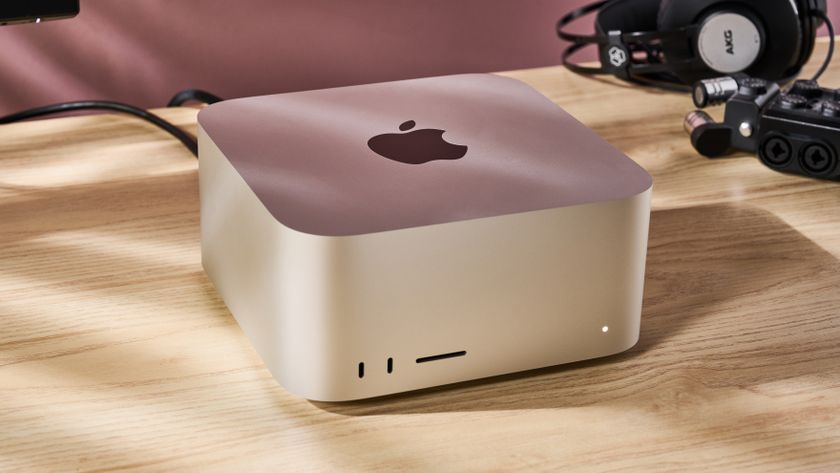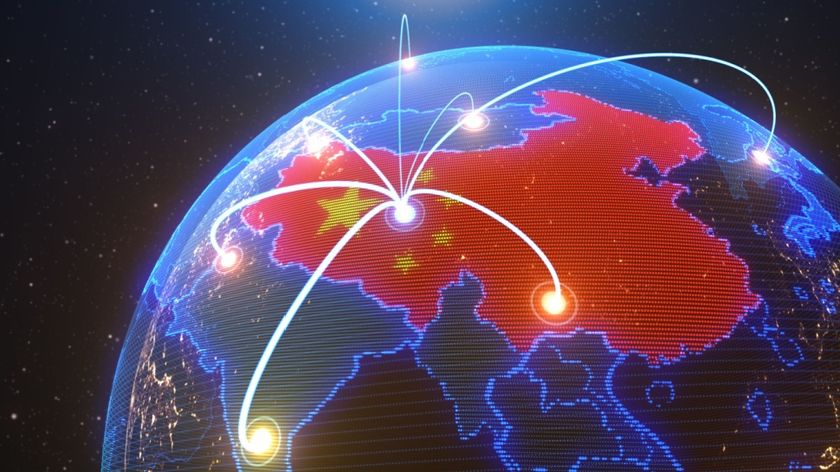Understanding UltraPixels: camera tech in HTC One explained
Size does matter
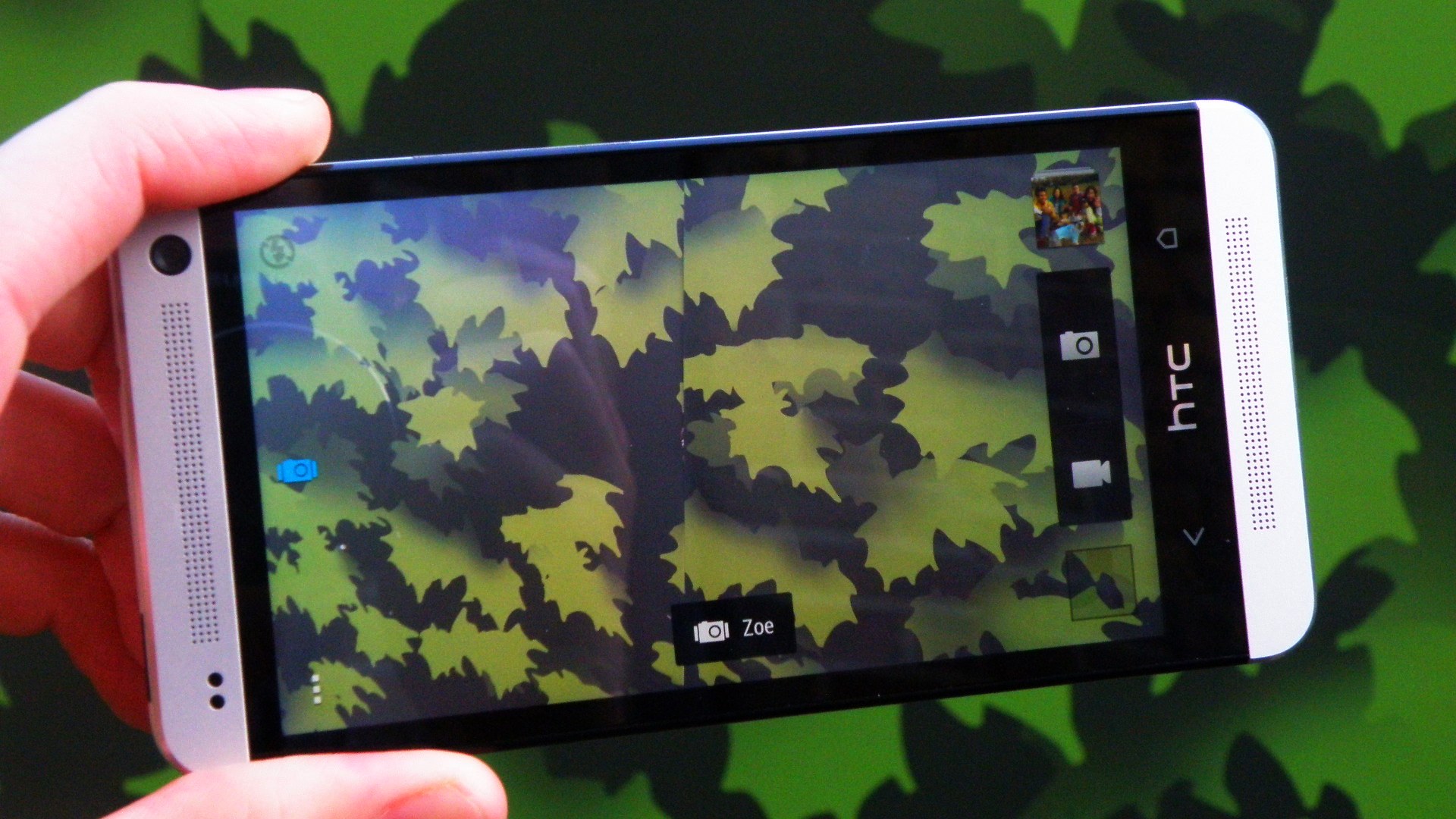
HTC unveiled its One phone during joint New York City and London events today, introducing the world not just to its flagship handset, but to a sprinkling of new and improved sound and visual features.
While everyone will be singing (or decrying) Zoe's virtues, the phone's actual camera tech is worth a deeper look: HTC equipped the camera with "only" a 4MP sensor, considerably less than the 13MP snapper most models tout these days.
However, HTC said that in the case of cameras, it's not the pixel count of the sensor that matters, but the size of the pixels.
"For years people have been misled on the importance on cameras," said Scott Croyle, HTC vice president of design, during the One's launch. "It's not megapixel. It's not pixel count, but pixel size. Bigger pixels let in more light. It's pure science."
Pixel power
The idea behind larger pixels is to allow in more light in for richer snapshots, especially important in low light conditions.
HTC is calling the feature UltraPixel, a method that swipes at the trend of shoving "bigger" cameras into thinner phones.
It's an approach Croyle said is industry leading.
Get daily insight, inspiration and deals in your inbox
Sign up for breaking news, reviews, opinion, top tech deals, and more.
"[In] the UltraPixel camera - pixels gather 300 percent more light than conventional sensors. Better action shots, burst mode of 8 shots a second. A giant leap in what's possible."
A side-by-side comparison of top camera phones found that only the iPhone 5 stays on par when it comes to low light performance. Will HTC overtake other smartphone makers simply because of its superior low light camera capabilities? Not likely, but it does give the Taiwanese firm a feather to put in its cap.
But is it better?
We asked Angela Nicholson, head of testing, photography portfolio at Future, about the camera's tech and low pixel count to see if it makes a difference or if HTC is just blowing steam.
"We've been saying that the size of a pixel is very important for ages and it's well known in photographic circles, but it's only true to a point," she said.
A single large pixel won't do photographers much good as there's no way to capture tonal variations and details.
More pixels should, in theory, pick up plenty of details and provide smooth tonal gradation, but the signal at each pixel (or photosite) will likely be weak and need amplification, which in turn creates and magnifies noise.
"It's all about striking a balance," Nicholson noted.
Low pixel count does make for faster image processing and a higher maximum shooting rate. Low light images taken with the One should be better thanks to reduced image noise, though those shots will be smaller - just 4MP.
Action may be the space where HTC wants UltraPixel to dominate.
"I think they will claim that being able to shoot at 8fps means that you stand more chance of a good shot of the action," Nicholson said.
While 4MP is, on the surface, pretty paltry when it comes to pixels, it may be all that the everyday user actually needs.
"Some might be disappointed by the pixel count," Nicholson said, "but I think HTC is being realistic about how most people use the camera on a phone."
John McCann contributed to this report
Michelle was previously a news editor at TechRadar, leading consumer tech news and reviews. Michelle is now a Content Strategist at Facebook. A versatile, highly effective content writer and skilled editor with a keen eye for detail, Michelle is a collaborative problem solver and covered everything from smartwatches and microprocessors to VR and self-driving cars.
